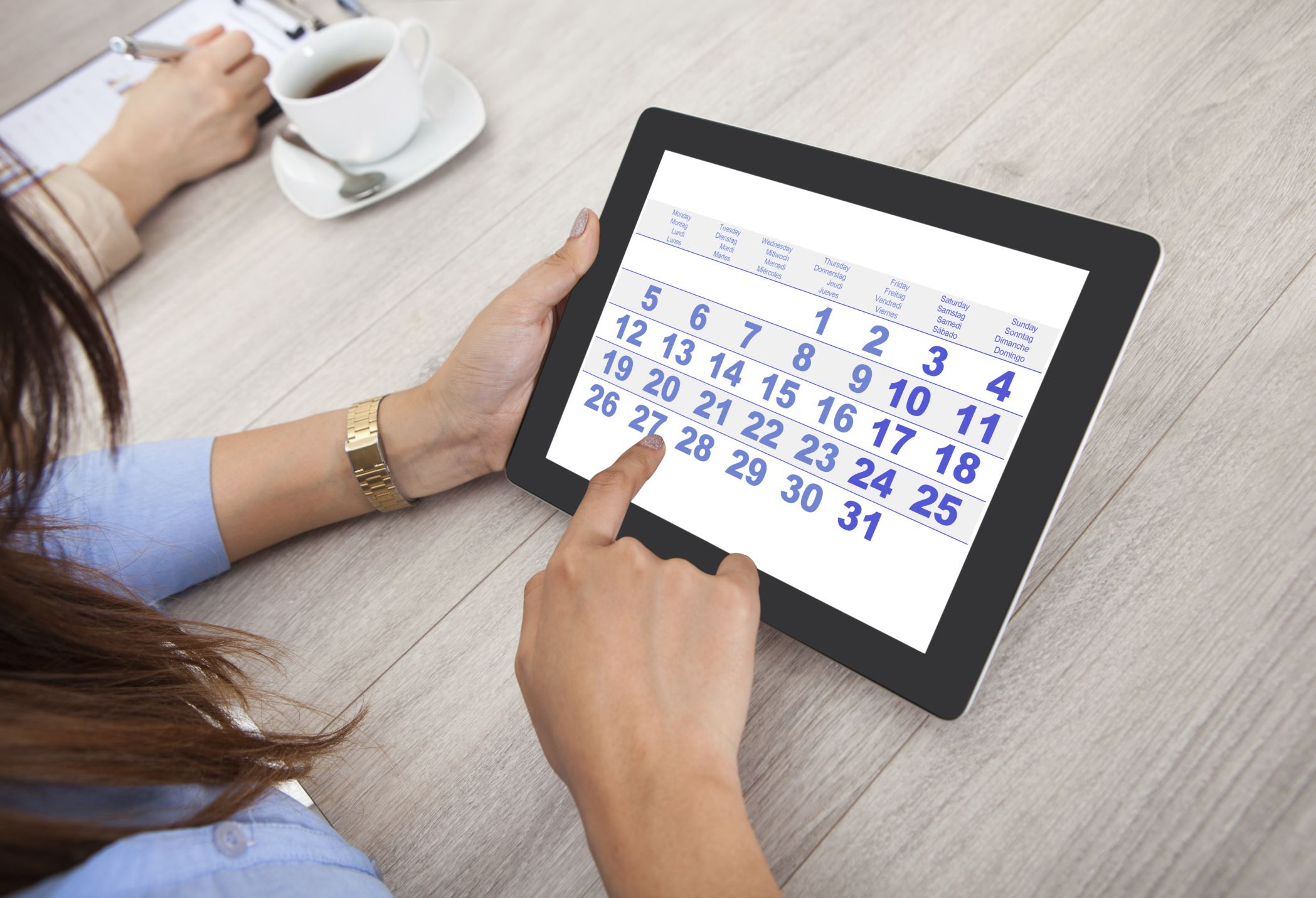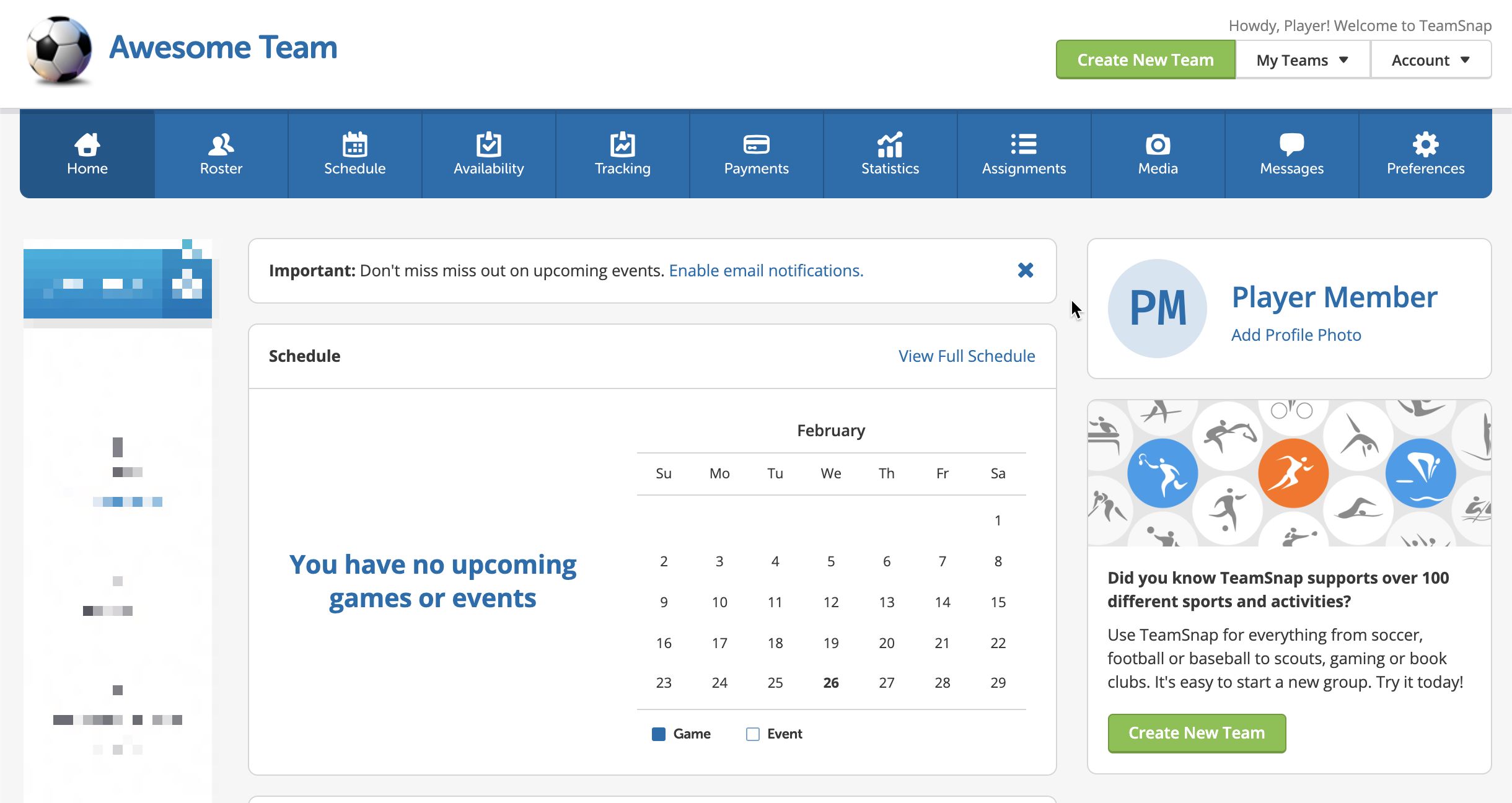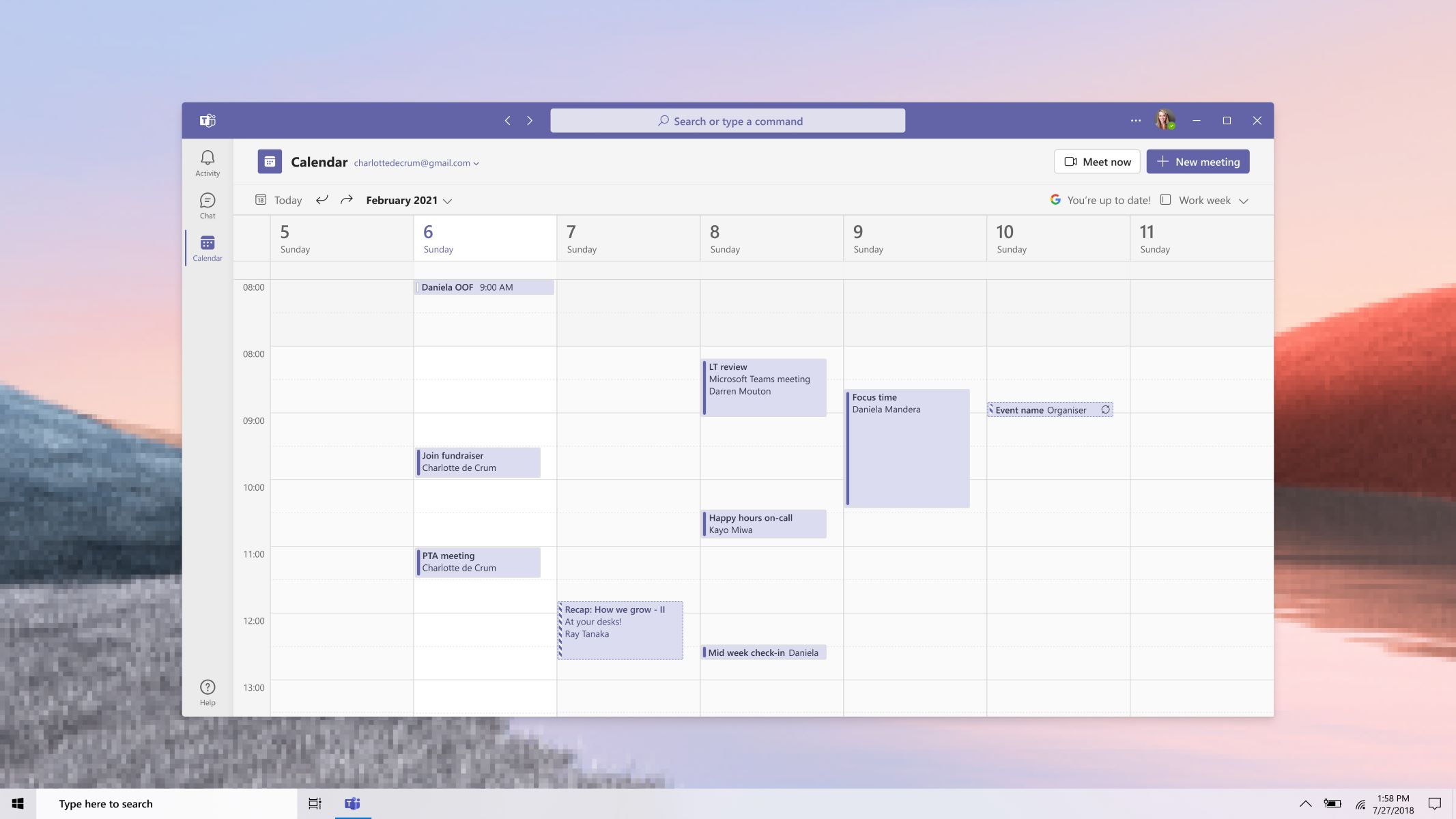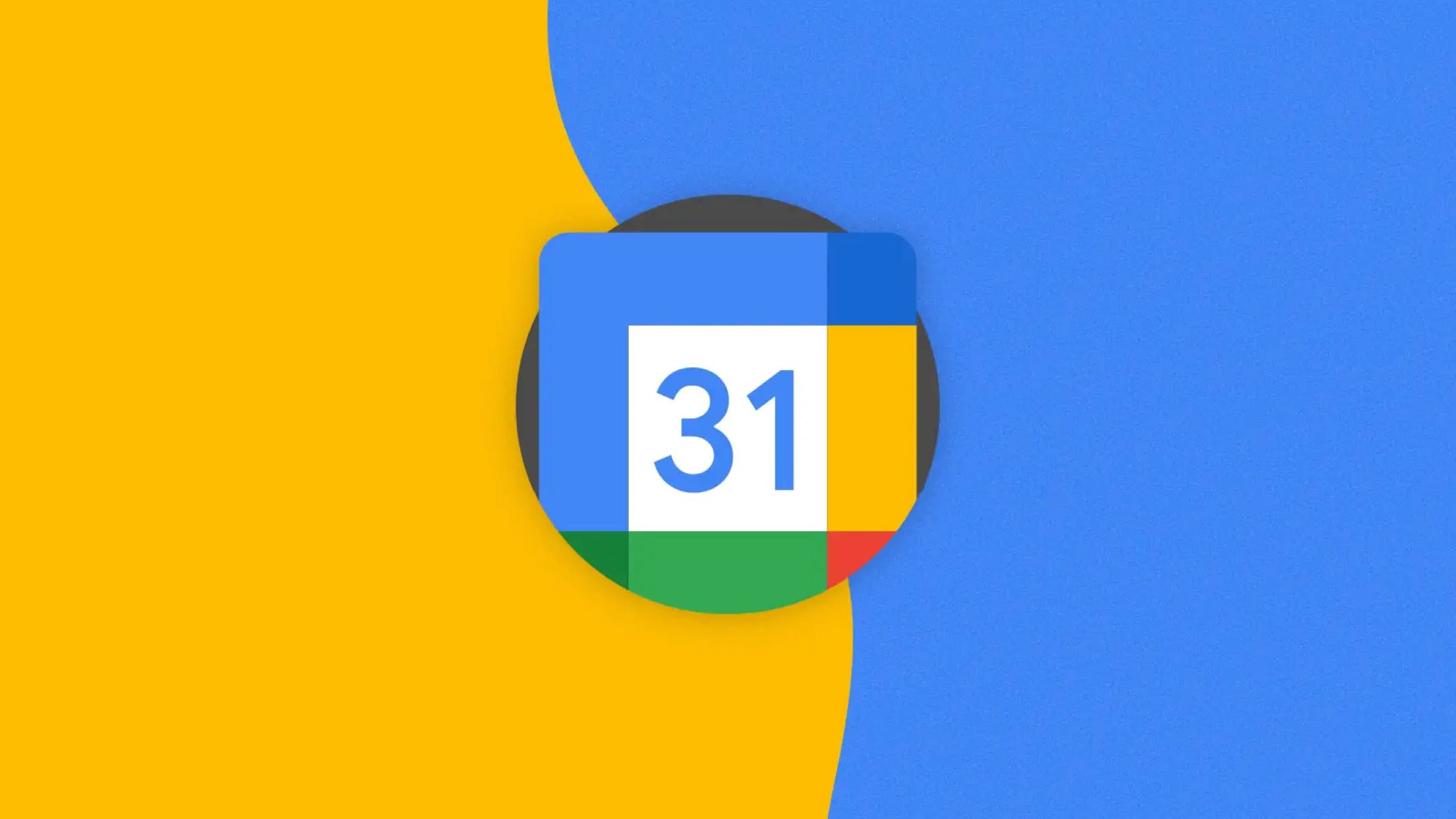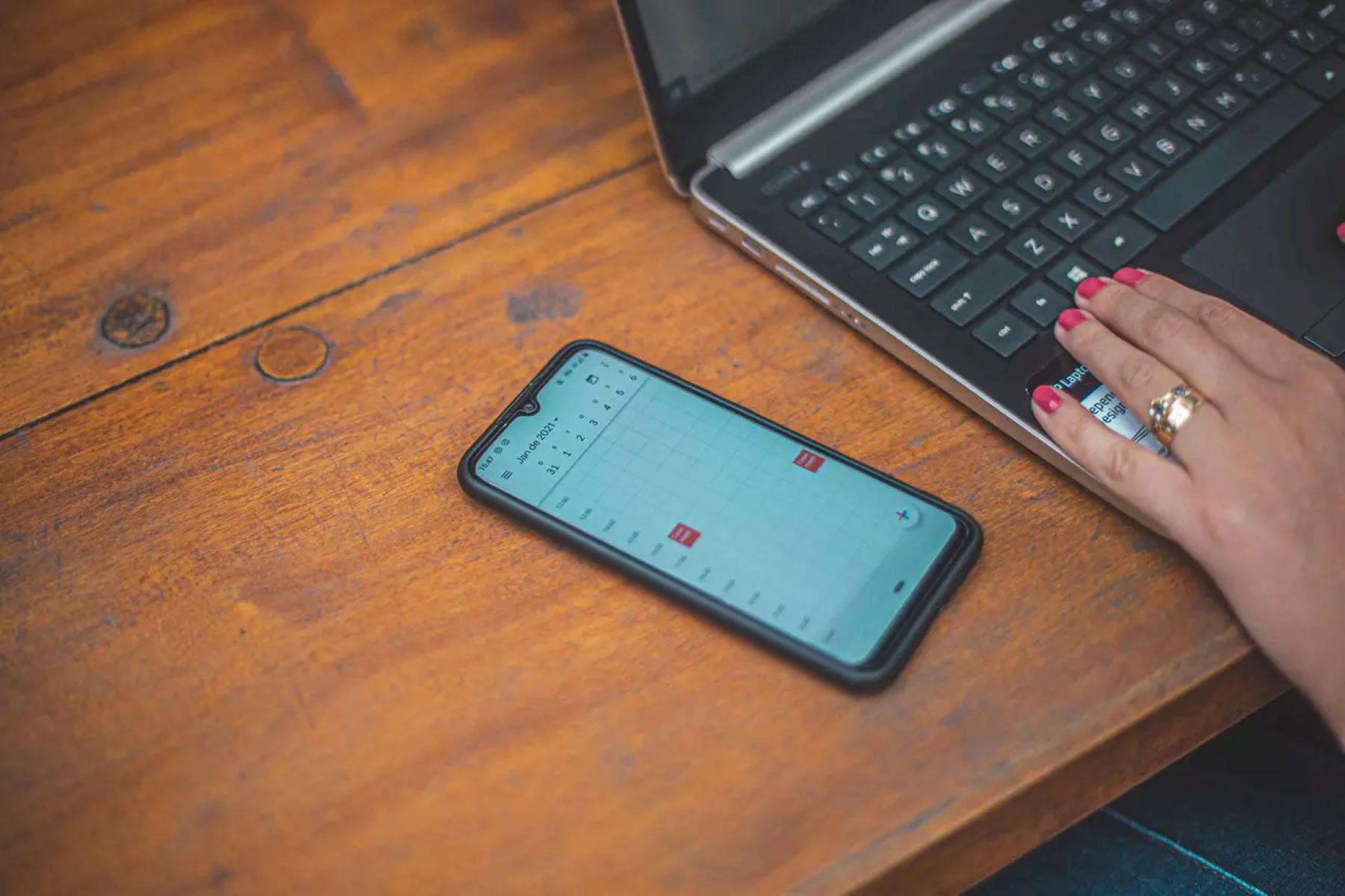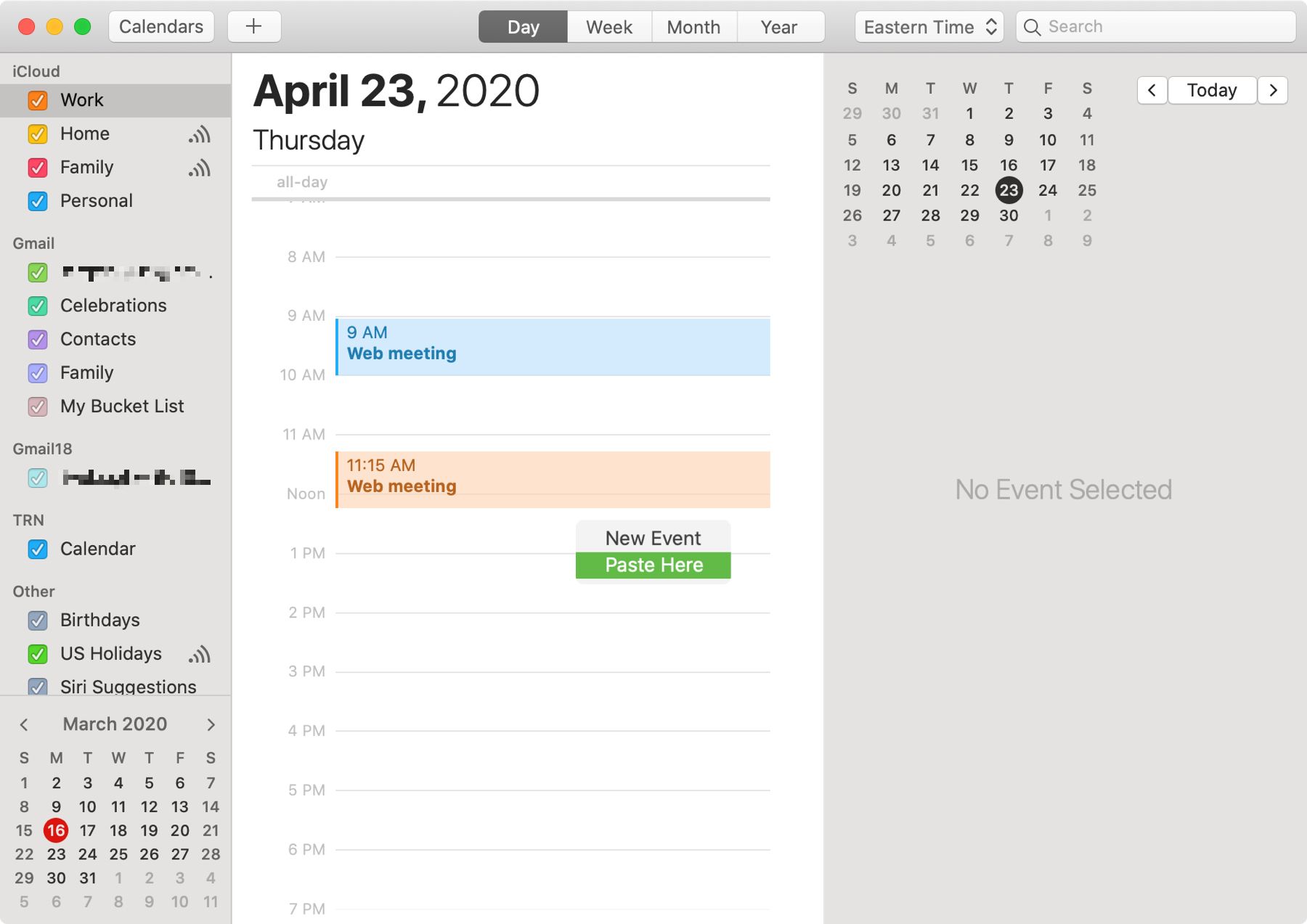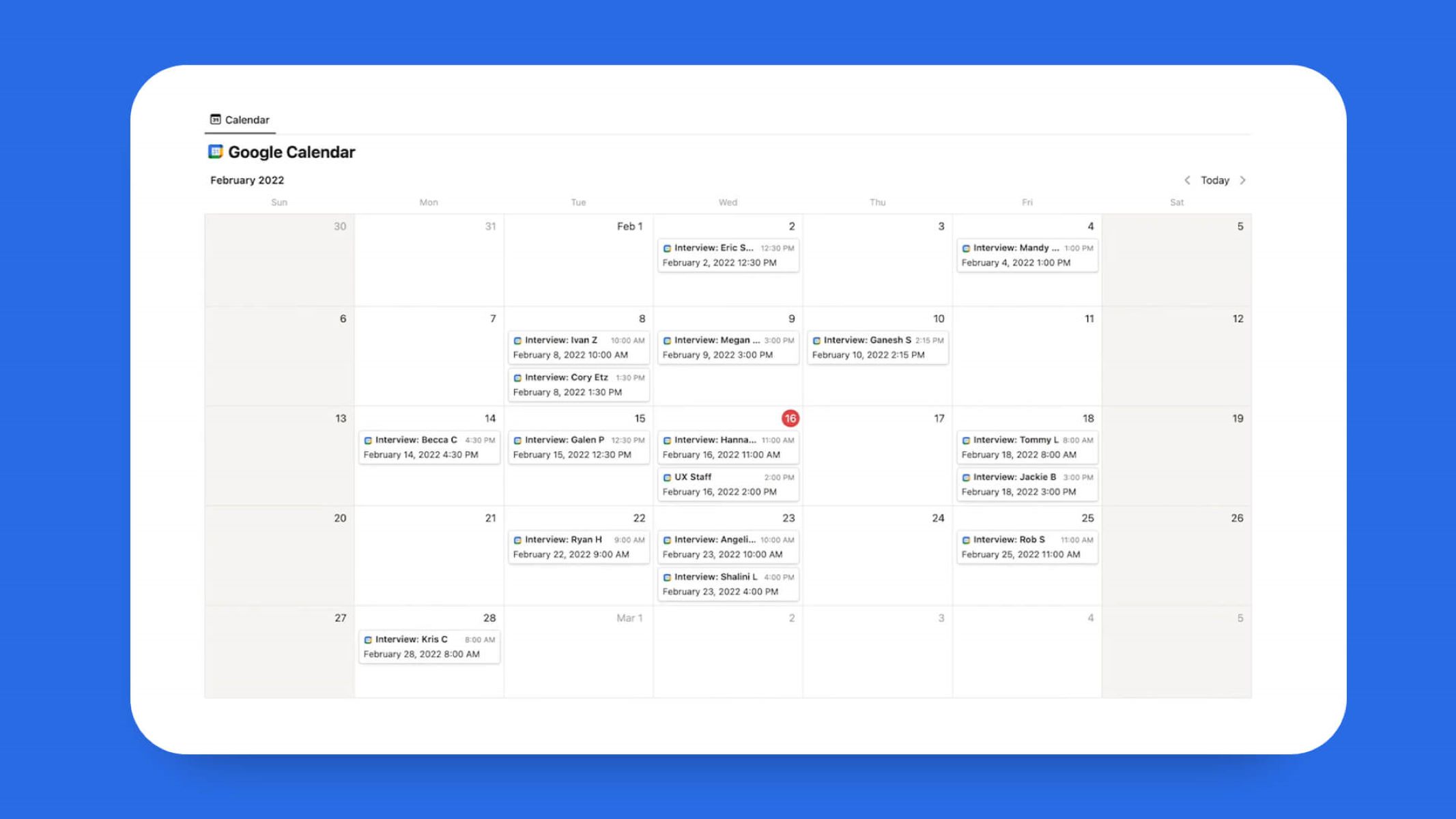Google Calendar is a free calendar app that will help you stay on top of how you spend your time. We all have to live with passing time, and it’s one of the most valuable assets that we can ever have. One of the best ways to take control of your time is by creating schedules, and for that, you will need a reliable calendar. This handy little scheduler will alert you about your appointments, and you can even share your appointments with family and friends.
In this review, we’ll take a look at all the features of the Google Calendar and why it’s a great tool for time management.


What Is the Google Calendar?
Google Calendar is a free calendar service created and developed by Google. The software is cloud-based. This means that users can access the service via smartphone or desktop.
The main function of the Calendar is to allow users to create markers for events. Users can add locations to events and also invite other users to events. The software also features special calendars that focus on a particular theme. For example, there’s a Birthday calendar dedicated solely to compiling the birthdays of your Google contacts. The software will sync the birthdays of your contacts on a yearly basis and will give you a reminder each day. You can also track national and international holidays to keep track of future vacations.
Over time, Google integrated machine learning, a type of artificial intelligence, into their features. Examples of these functions include setting reminders for tasks and importing events from Gmail. One unique feature is Smart Suggestions. This offers up suggestions when you’re trying to set an appointment or meeting. You can also set goals and the app will automatically schedule time for these goals within the free time you have.
The addition of machine learning to Google Calendar will also improve the software’s scheduling activities over time. If you enjoy products with some artificial intelligence, you might like to explore the benefits of the Google Home Hub.
A Review of Google Calendar’s Features


Even in the digital age, some people still prefer to keep track of their appointments using physical calendars. It’s really a matter of preference if we’re being honest. But even then, you may miss out on the advanced features that most online calendars have. These may include auto-alerts for meetings or the ability to create multiple calendars for different events. If you’re not entirely convinced, allow us to cover Google Calendar’s features and abilities so you can decide.
Plans and Pricing


The majority of the productivity apps on Google, such as Drive, Docs, Sheets, Slides, Meet, are free to use. It only makes sense that Google Calendar is also free to use. Of course, if you haven’t signed up for Google Workspace, you will get 15 GB of free storage. But if you do decide to upgrade, having a subscription comes with a lot of perks. Some of the perks include having your own email for your business, or 100 GB cloud storage. You can learn about them through this comprehensive guide to Google Workspace.
However, core features are essentially the same when it comes to Google Meet, regardless of whether you have subscribed to Google Workspace or not. Moreover, not many people know that you don’t even need a Gmail account to access Google Calendar. You can create a Google account using any other email address and still access Google productivity apps including Google calendar.
Features


The main purpose of a calendar is to take note of your events, and Google Calendar does this very well. The process for adding an event is almost instinctive. And you don’t need a manual to set reminders for yourself about what’s going to happen. It’s also one of the few apps to allow for person-to-person sharing of calendars. You can share a calendar for a particular project with your coworkers without having to share your personal schedule.
There are a wide variety of add-ons that you can use to expand the capabilities of Google Calendar. These add-ons usually focus on integrating Calendar with other apps. These include the likes of Google Sheets, Google Forms. It will also extend functionality with apps like Zoom, Groove, and Trustbot.
Google Calendar is also cloud-based. This means that all changes that you make will be reflected across multiple devices. You can input events, reminders, and notes from just about any device. This also means that you can quickly pull up your schedule at a moment’s notice using any device.
Google Calendar integrates with other Google productivity apps as well. For example, there is an option from inside Google Meet to schedule a meeting in advance. This option will link you up to Google Calendar. From there, you can set an event title, time, and list of people that you want to invite to the event. You can even check if the people you want to invite are available during that time. You can accomplish this through the “See guest availability” option. Once you’ve set the meeting specs, your invitees will get an invite notification and RSVP accordingly.
Interface and In Use


Google Calendar makes use of a simple and professional interface. Its plain white background may be a problem for some people, but the most important part is that it’s flexible and easy to use. When you open the Calendar, it will immediately reflect the present hour, day, and year. You can also view the Calendar on a macro or micro view, whether that be one day, four days, one month, or a full year.
It’s also possible to set the Calendar to summarize the events you’ve set for a specific period. And if you happen to be a very busy person, you can color-code your schedules. This will make it easier for you to distinguish between projects, agendas, or personal and business-related events. You can also change the background of the calendar to any other available theme or photo imported into the software.
Customer Support


Google Workspace subscribers get more support than free users. Nevertheless, even free users can get a decent amount of support through the Help page. The Help page starts off with the answers to frequently asked questions. If you go deeper, you’ll find a compilation of articles about other topics. There’s also a public forum where you can ask questions.
Unfortunately, Google has closed of real-time assistance for premium or Google Workspace subscribers. Only they will get the email, chat, and phone call support 24/7. If you’re a basic subscriber and the Help section doesn’t work, you can always turn to the internet for help.
Security


The amount of security that you get largely depends on your subscription. If you’re using the basic service, then you can expect only a password to protect your account. That “everything else” includes all the productivity apps you’re using plus Google Calendar. The easiest way to enhance your security is by enabling two-factor authentication. Enabling this authentication process will help protect your account in case your password is compromised.
During configuration, you will be asked to choose between entering a numerical code or tapping onto a message prompt. Either of these things will be sent to your phone after you key in the password. If you choose the former, Google will ask for your password plus the code. If you choose the latter, it will ask for your password and verification via a prompt sent to your phone. Either way, you will be better protected in case someone manages to steal your password.
If two-factor authentication does not suffice, you can always upgrade to Google Workspace. This would offer you better security and management controls. But even within Google Workspace, there are differences in security offerings. For example, Business Starter-level users only get basic security and management controls. On the other hand, Enterprise-level users get advanced features. These include data encryption and specialized permissions for different types of data.
Final Thoughts on Google Calendar: A Review of the Cloud-Based Scheduler


Google Calendar is one of the best and most useful calendar apps available. You’ll find it especially useful for keeping track of your schedules and events. You will also find that it is not a simple app that takes down your schedules. It also functions as an alarm, a personal assistant, or even a life coach. Of course, that last part is because it can remind you of your life goals. It will even reschedule the important things so that you actually get to them.
It’s also well-integrated with other apps on the productivity suite. This is a big help for making sure projects and appointments are on track. With Google Calendar, you will always know what you have to do and where you have to be at any time. If you love Google products, you might like to read more about their famous storage service, Google Drive storage.








